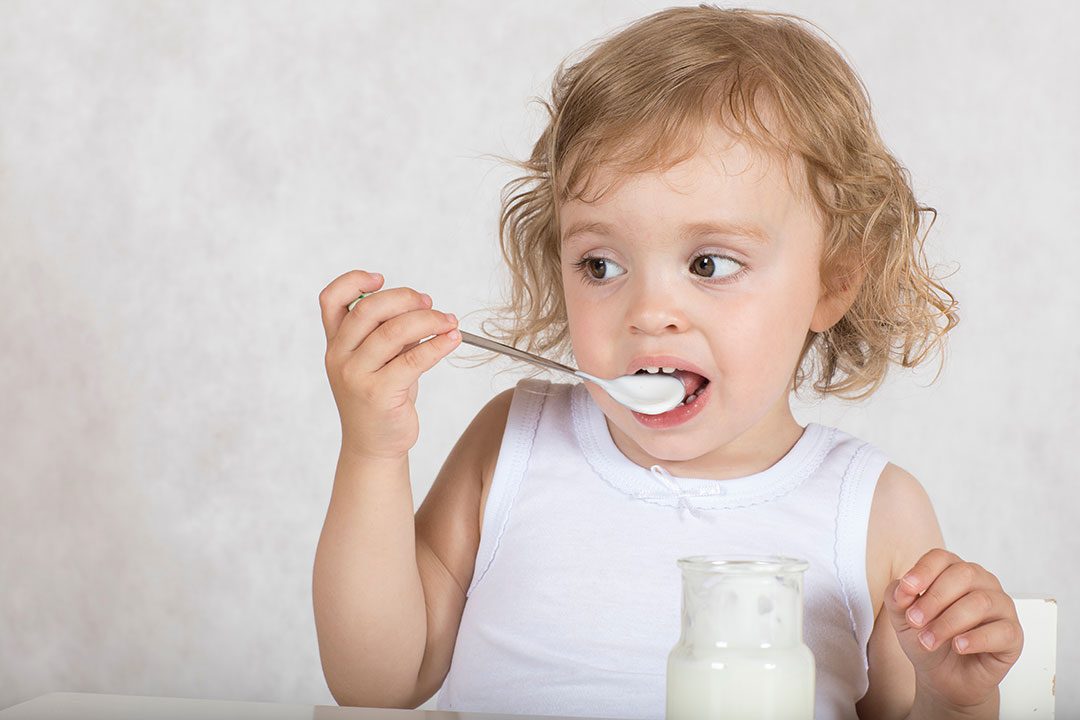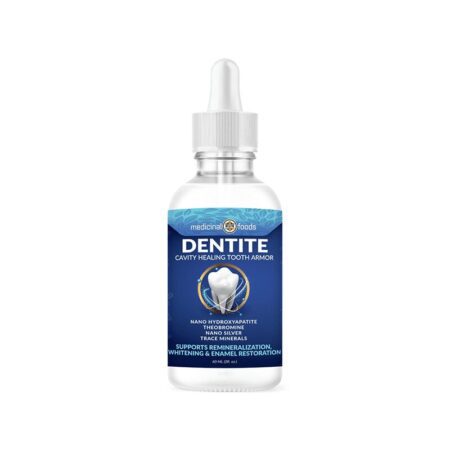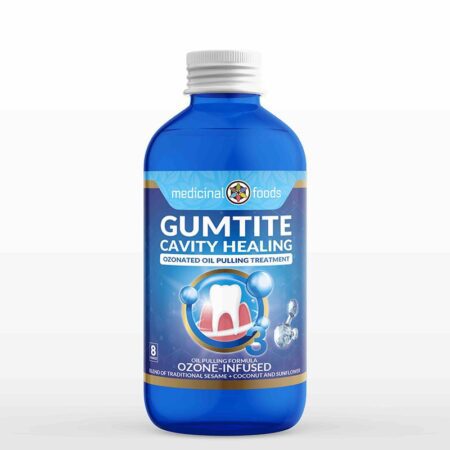Baby probiotics are exactly what the name suggests—probiotics that are safe and made specifically for infants.
A probiotic is live bacteria that have been shown to provide health benefits, most notably for the gut.
You’re probably aware that what you feed your baby is critical. From breastfeeding to introducing meals and encouraging them to eat vegetables, you’re ensuring the baby’s health from the start.
However, in some instances, we may need to take additional measures. Probiotics for babies, whether in the form of food or supplements, maybe one of the best things you can give your baby to support his or her health.
Do babies need probiotics?
Amniotic fluid is not sterile; it is the first exposure your infant has to bacteria. Additionally, the bacteria in amniotic fluid are impacted by the mother’s gut and mouth flora.
In an ideal world, mothers would have wonderful flora to pass on to their infants.
However, throughout the last century, we have been exposed to antibiotics, genetically modified organisms (GMOs), sugary/starchy diets, and an abundance of processed foods—all of which can harm the gut flora handed down to our children.
Probiotics are the infant’s first line of defense since they help maintain a healthy balance of "good bacteria" in the infant’s body.
Babies’ sterile GI systems make them vulnerable to gastrointestinal distress, so probiotics may be beneficial for them.
It takes time for babies to accumulate beneficial bacteria that aid in the development of their intestinal barrier, immune system, and resistance to illness.
A disorder that causes symptoms like constipation or pain in infants can arise at any time, even before they have built up their own flora. Colitis may also be a problem for them.
Probiotics may speed up the process of introducing beneficial microorganisms to a baby’s digestive system.
Breast milk and formula, as well as diet, provide an infant with beneficial microorganisms.
An antibiotic taken early in life may modify the microorganisms in your baby’s stomach depending on circumstances such as the birth method, gestational age, and other variables.
Benefits of probiotics for babies
Since probiotics boost the number of beneficial bacteria in the body, they benefit overall health but are particularly beneficial for:
Digestive problems
A newborn may suffer from colic, acid reflux, constipation, diarrhea, or even more serious digestive problems like Irritable Bowel Syndrome (IBS) or Crohn’s Disease if their gut bacteria are not properly balanced.
Adult fecal transplantation (injecting a small amount of "healthy" feces into the colon of an unwell individual) was found to treat 91-93 percent of patients with Clostridium difficile in one study.
This further supports the notion that healthy gut flora can be used to treat and prevent digestive problems—and explains why we may wish to utilize probiotics in infants.
Immune system problems
Because 80% of our immune system is found in our gut, it makes sense that having an unhealthy gut flora would result in a malfunctioning immune system.
When a baby’s gut microbes are not optimal, his or her immune system will suffer.
This increases the likelihood that infants will contract colds, flu, and other ailments. We can avert some of these problems by using probiotics for babies.
Mood
There is a substantial body of evidence corroborating the gut-brain relationship.
Our stomach produces between 80% and 90% of serotonin (the feel-good hormone) and dopamine (a neurotransmitter that helps regulate the brain’s pleasure center) in our bodies.
Some probiotic species have been shown to alleviate anxiety and depression, enhance dopamine and serotonin production, and act better than traditional medications at alleviating stress-induced anxiety, depression, and cognitive dysfunction.
Additionally, they work to normalize cortisol and serotonin levels.
Additionally, researchers discovered that if remedied early enough, good bacteria might help reverse the mouse pup’s anxiety; but if they were already weaned when they received the good bacteria, they retained significant levels of anxiety.
While rodent experiments do not directly translate to humans, the findings are intriguing and corroborate what we already know about infant gut flora requirements.
Weight issues
Infant probiotics may even have an effect on your baby’s weight. (As strange as that may sound!)
According to one study, animals lacking TLR5 (a protein that helps maintain a healthy gut flora) developed abnormal weight gain, insulin resistance, diabetes, and fatty liver disease.
What was truly remarkable is that when the researchers transferred feces from obese mice to slender mice, the slender mice began eating more, gaining weight, and finally developing the metabolic abnormalities associated with TLR5 deficient mice.
These mice’s weight and metabolic problems were caused by a buildup of harmful bacteria in their intestines.
Skin problems
According to some researchers, skin conditions including eczema, cradle cap, and acne in infants may be caused by an imbalance in the gut flora.
Studies have shown that supplementing with L. rhamnosus, L. paracasei, and B. longum while pregnant and breastfeeding can greatly lower the risk of eczema in newborns.
Numerous studies have established a link between acne and digestive problems. Acne patients have significantly leakier gut and inflammation than people who do not have acne.
Another study discovered that having an unbalanced gut flora made the skin less effective as a protective organ and more prone to inflammation and infection.
Potential risks
The majority of studies on babies and probiotics indicate that their usage in healthy infants is safe.
Bear in mind that major research on probiotics and babies is yet lacking. No major medical organization has recommended their usage in this age group.
The Food and Drug Administration does not regulate probiotics, and their use may pose dangers.
Probiotics have very few adverse effects on healthy adults and children; however, additional research is needed to fully appreciate their benefits and risks.
Probiotics may cause unfavorable effects in individuals with weakened immune systems, health problems, or those born prematurely.
For instance, they may contract an infection. When giving probiotics to a newborn, exercise caution and consult your health professional first.
This is due to a number of reasons:
Numerous strains exist, each with a unique mechanism of action.
Currently, there is no suggested dosage for newborns.
Several of them induce allergic reactions, stomach pain, diarrhea, as well as gas, and bloating.
Product types
There is currently no guideline that specifies how probiotics should be administered, especially to newborns.
Bear in mind, however, that not all probiotics are created equal. Consult your baby’s doctor before starting.
There may be a particular type that is more appropriate for your baby’s needs than others.
Infant probiotics are offered as supplementary drops and in infant formulas. Older children may consume foods containing probiotics, such as yogurt.
If probiotics are stored in a bottle, they may lose their potency over time.
A 2018 study investigated the stability of the probiotic supplement Infolran in breast milk, sterile water, and formula.
The study indicated that they should be given within six hours whether probiotics are dispensed in breast milk or sterile water maintained at 39.2°F (4°C).
Probiotics were viable for a longer period in formula stored at this temperature.
Breastfeeding
Breastfeeding is the most effective way to maintain a baby’s healthy gut lining.
Your milk provides probiotics and immunoglobulin A (IgA), which aids in the seal of the gut lining.
Eat a wide variety of fermented foods high in probiotics, such as kefir, raw sauerkraut and pickles, yogurt, and miso.
This contributes to the enrichment of your own bacterial balance, which benefits both your milk and baby.
Breast milk yogurt
Food is the most effective way to increase your good bacteria, particularly in babies with sensitive systems.
While we cannot feed infants genuine solids until they are approximately six months old, we may give them one food at an early age: breast milk yogurt.
Fermented foods
When your baby is ready for solids, begin introducing naturally fermented foods to his or her diet.
Early exposure to sour and fermented meals will aid in the development of a baby’s taste for sour and fermented foods.
Pickle or sauerkraut juice are excellent starting points because they contain high levels of probiotics.
Add a modest bit of kefir or yogurt to the baby’s diet as he or she becomes used to solids.
Introduce more and more fermented foods to your baby over time, until he or she can eat all the foods you enjoy.
Bottom Line
Probiotic is a catch-all word. It is a combination of various strains of live microorganisms, most commonly bacteria, that are beneficial to the body since they may help maintain a healthy balance of bacteria in the digestive tract.
Gut flora imbalances can be inherited and may result in major health problems in the future.
What do probiotics do for babies?
Probiotics for infants can be added to your baby’s diet in two ways: through food or supplements.
This may help your kid get off to the greatest start possible. Your baby may benefit from probiotics in the treatment of gastrointestinal issues and colic.
According to some studies, probiotics may be beneficial for infants, but further research is needed.
Many formulae and supplements contain probiotics. None of these products are subject to Food and drug administration oversight.
Before giving any baby probiotics to your newborn, talk to your doctor about whether or not it’s a good idea.

















